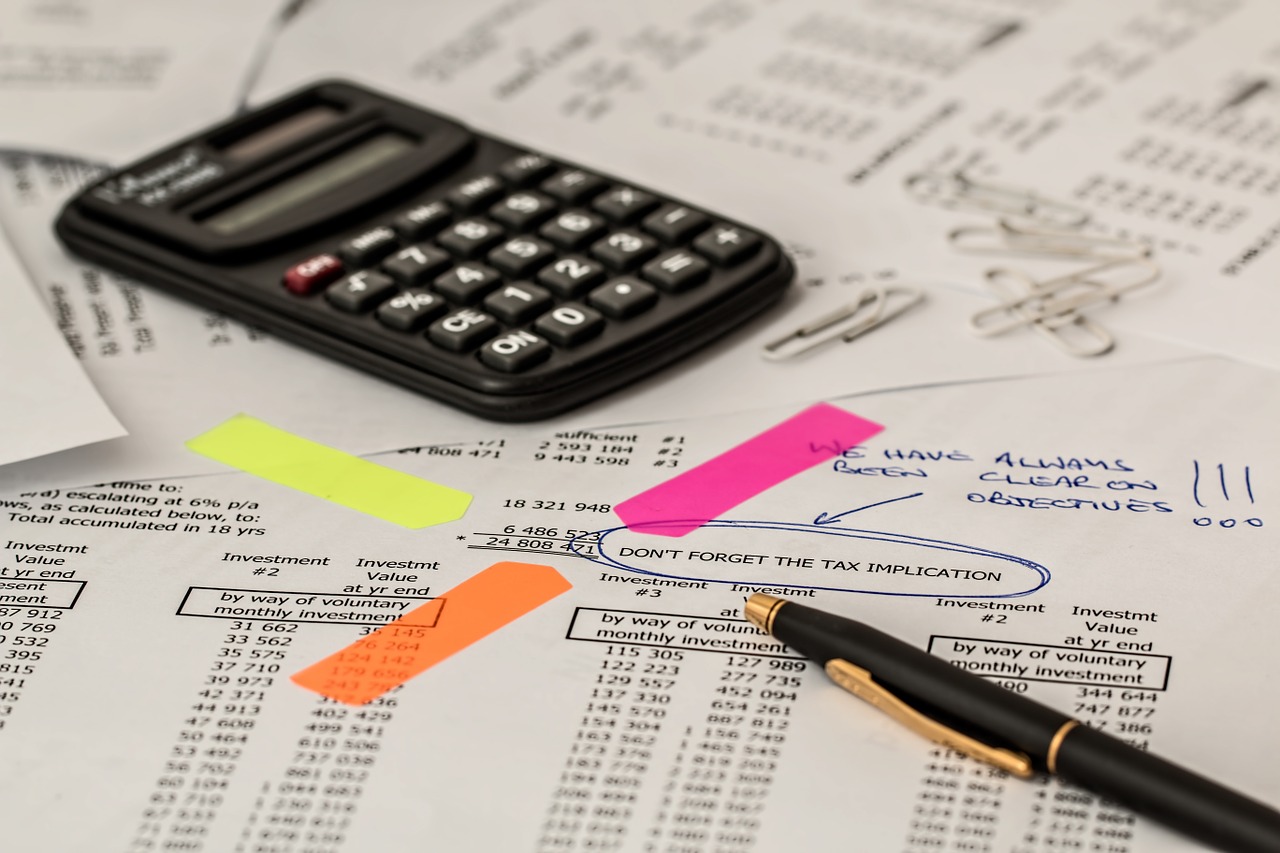
Are cryptocurrency gains and profits taxable in Canada and USA?
The price of many cryptocurrency coins has been increasing over the past decade. More people are taking the risk of investing but the worry of the possibility that they’ll suffer losses on taxes. Over the years, it has managed to make its way as a medium for daily financial transactions, especially for traders and investors who use its volatility to make quick money. crypto taxation in Canada is quite unique.
As of 2014, the IRS and CRA released a memorandum addressing how cryptocurrency transactions should be considered. And in its latest notice, cryptocurrencies will be considered as an asset. And just two years ago, all taxpayers are mandated to declare any involvement with a cryptocurrency that they made beyond 12 months. Even if your bank is not monitoring, cryptocurrencies are now considered commodities in plenty of countries.
Now, people will pay based on the type of transaction that they made and their current tax level. But the uniquity of bitcoin opens possible exceptions.
Taxable Transactions

In the Canada and US, all cryptocurrency transactions are required to be declared no matter how big or small it is. Non-declaration can cause people to pay for penalties or worse be faced with criminal prosecution. Since 2019, the IRS started mailing reminders to thousands of people asking them to report any affiliation or possession of cryptocurrency to avoid being sanctioned.
Now, let’s talk about the transactions your situation possibly falls under.
Selling Personal Coins. If you sold a coin that you personally mined for a profit, you are subjected to capital gains tax. This involves the disposition of any kind of asset, like Bitcoin.
Buy and Sell of Coins. If you got a coin from a third-party seller and choose to trade it later on, you must declare the deal made. You need to pay capital tax gains for that transaction.
Mined Coin to Pay for Economic Commodities. Making any kind of purchase using digital currency makes you liable to pay for the necessary taxes for the transaction.
Buying Coins to Pay for Commodities. If you bought a coin through your blockchain wallet and use the currency to purchase any economic commodity, this arrangement and transaction must be declared and subject to tax gains.
The first and third scenarios will most likely fall under personal or business income. You are allowed to divulge any capital losses and deductions to lessen the total payable tax. The second and fourth scenarios will treat the coins as an asset, like gold or oil.
Calculating Cryptocurrency Taxes
People are asked to include all digital currency transactions to be reported in their annual tax filing. The tax rate you must pay depends on three main factors and will vary from zero to 37%.
Accounting method. Every taxpayer uses a different kind of account method in calculating tax gains. You would need a detailed record of how much you purchased the coins and how much you sold them to calculate the profit, which will be used for tax computation.
As a crypto taxpayer, you must be familiar with the terms HIFO, FIFO, and LIFO. This will help you identify the best way to declare transactions which is beneficial to you.
With your detailed list of transactions, you can quickly identify the amount of profit for each transaction. People recommend using the HIFO or LIFO system as it helps you pay for the lowest tax amount. But without a detailed recording, the only thing left for you to do is the FIFO system regardless of the cost of each coin because the IRS only approves HIFO or LIFO for those with a very detailed list of transactions. You can also use Koinly for calculating your crypto taxes.
Holding Period of Coins. Now that you are informed of the auditing methods suitable for your situation, the next step involves establishing if you have short-term or long-term gains. The primary basis for the time limit is how long you have been in possession of the asset before you made use of it.
People who kept their coins for less than 12 months or one year will be classified under short-term gains. You can file it as part of your regular income and pay according to your income tax bracket.
Those who have been keeping their coins for over a year are classified under long-term gains. They will be required to pay from 0% to 20% depending on which bracket they will fall under.
Overall annual income. You definitely should know your overall yearly income since you will be adding your profits to identify which bracket your total capital gains will fall under.
In the event that you experience losses, you can declare to offset payable taxes. But offsetting has been limited up to a certain extent. You can also take into account potential credits, exemptions, or deductions to help lower your taxes.